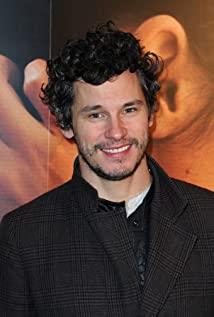Death and hope are with each other, stay away from people and keep anonymity. In the eyes of the children, the teacher is amiable and amiable. When the school is alone, he removes all precautions, misses his wife, and relies on tobacco and alcohol to anesthetize his body. In the calm, the unbearable past is suppressed, there is no God's redemption, only self-exile. When this seemingly peaceful life is broken, people are making painful choices for themselves amid the coercion of society. There are no heroes, only ordinary people, no superman who can turn the tide, only those who dare to face their inner conscience. French movies are somewhat literary, without the intense Hollywood plot and explosive special effects, so if you don’t watch them quietly and attentively, it will make people feel confused. But at the same time, the viewers do not have their own thinking and certain social experience, so they cannot fully appreciate the protagonist's desire to dilute the pain of the past by relying on his own exile. There is a philosophical school of existentialism in France, of which Camus is an important member, so his works often carry the shadow of philosophy, or are created directly to explain his philosophy. Without a certain understanding of existentialism, it is impossible to understand that the protagonist has offended the government and the opposition for the sake of a prisoner. It's a movie that a few people will resonate strongly with.
View more about Far from Men reviews











